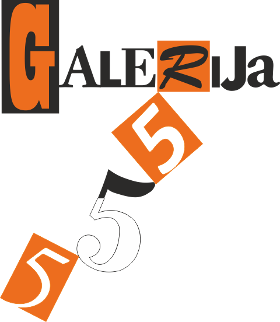The building we are in was built in 1936 and housed a large and modern Radio engineering plant “Elektrit” at that day. A radio engineering society “Elektrit” was set up by brothers Samuil and Girsa Chvoles and Vochman in 1925 which later expanded into a plant occupying 10300 square meters of industrial area, owning an electrical plant and a large joinery workshop, mechanical department car park, units of production plant, laboratories and warehouses.
Assembly was organized in the principle of the conveyor, with 6 manufacturing lines. Then, the factory released 54 thousands of radio sets and its output value reached 1.2 million U.S. dollars. The staff of the plant consisted of 1100 employees, including a large number of engineers and technicians. Thanks to them, “Elektrit” products were repeatedly awarded with gold medals at international exhibitions in Paris, Florence and elsewhere. When the Second World War broke out, the Russian Army urgently took out all the plant equipment and the majority of the employees were sent to Minsk where the radio plant under the name of Molotov was set up.
In Soviet times, these buildings were used for a secret Radio Engineering Plant ruled by the Ministry of Aviation industry of the USSR. It manufactured oscilloscopes, power supplies and similar devices used in radio electronics and worked in the military industry, therefore the plant was completely closed, called “Postbox 555″ – the famous “Petiorki”. All the information about the products, suppliers and what the production was supplied to was secret. No one except the factory workers could enter the building and each of them entered into commitments to keep any information about the company secret at the time of employment and five years after leaving the job. For these reasons, we do not know much about “Petiorki”.
However, older people still well remember the legendary Oktiabria Burdenko, who for many years led the “Petiorki”. He was well known not only in Vilnius, but also around Lithuania. Although in the last years of “Petiorki” life, Burdenko’s company was notorious for its pro-Soviet activities. Before the restoration of independence it was home for organization “Jedinstva”.
In 1991, the factory was converted into a public company, and then into a Ltd “Rimeda”, which went bankrupt. Now a former plant is going through a transformation period. A large area of it has been transformed into a hotel, shopping area, offices as well as into so called lofts designed for life and work of art people.
